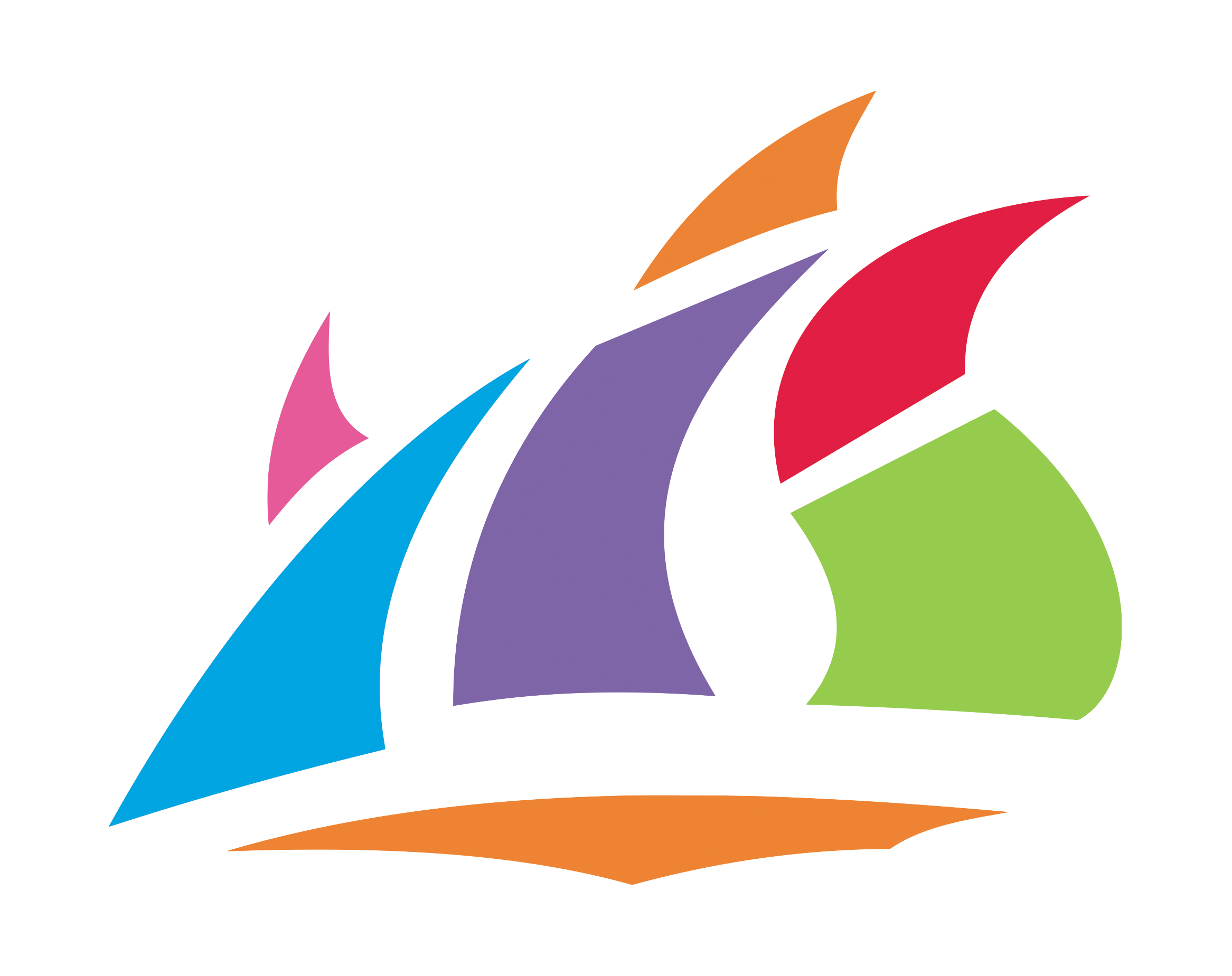PRESCHOOL TO GRADE 6
The PYP curriculum
The Primary Years Programme (PYP) is for scholars age 3 to 12, and covers Preschool to Grade 6. This inquiry-led program has been designed to enhance and develop the academic, social and emotional well-being of each child by teaching skills that encourage students to gain an understanding of the world and to function comfortably within it, to think for themselves and to ask questions. The PYP also encourages students to make connections between what they learn in the classroom and the world around them.
Instead of focusing on individual subjects, the PYP takes an integrated approach to education.
There are six subject areas (language, mathematics, science, social studies, arts and personal, social and physical education) that are explored throughout each year via six interdisciplinary themes.
The themes extend into life beyond the classroom, so students learn to recognize the relevance of what they learn – and thus they begin to engage with process of their education. Understanding the relevance of what they are learning and implementing it into their young lives is an exceptionally valuable tool, and an integral part of each student’s development.
The Early Years in PYP
The PYP is designed to be responsive to young children's ways of knowing. The curriculum at YIS is thoughtfully tailored to provide 3- to 5-year-olds a stimulating, dynamic environment that promotes play, discovery and exploration, as well as supportive interactions with teachers and peers.
Themes of the PYP
Throughout the Primary Years Programme there are six transdisciplinary themes. The themes, which integrate the subject areas (language, mathematics, science, social studies, arts and personal, social and physical education) along with local and global issues, are:
Who we are
Inquiry into the nature of the self; beliefs and values; person, physical, mental, social and spiritual health; human relationships including families, friends, communities, and cultures; rights and responsibilities; what it means to be human
Where we are in place and time
Inquiry into orientation in place and time; personal histories; homes and journeys; the discoveries, explorations and migrations of humankind; the relationship between and the interconnectedness of individuals and civilizations, from local and global perspectives
How we express ourselves
Inquiry into the ways in which we discover and express ideas, feelings, nature, culture, beliefs and values; the ways in which we reflect on, extend and enjoy our creativity; our appreciation of the aesthetic
How the world works
Inquiry into the natural world and its laws, the interaction between the natural world (physical and biological) and human societies; how humans use their understanding of scientific principles; the impact of scientific and technological advances on society and on the environment
How we organize ourselves
Inquiry into the interconnectedness of human-made systems and communities; the structure and function of organizations; societal decision making; economic activities and their impact on humankind and the environment
Sharing the planet
Inquiry into rights and responsibilities in the struggle to share finite resources with other people and living things; communities and the relationship within and between them; access to equal opportunities; peace and conflict resolution
Assessment
In the PYP learning is viewed as a continuous journey. Through assessment YIS teachers identify what students know, understand, can do and value at different stages in the learning process – and teachers use this data to plan the next stage of students’ learning.
We use a wide range of assessment strategies to collect information on each student’s:
Understanding of concepts
Acquisition of knowledge
Mastering of skills
Development of positive attitudes
Ability to take responsible action
The Exhibition
In the final year of the PYP students prepare for the Exhibition, the culmination of their learning and development in this program. The Exhibition encourages students to develop confidence and independence as they draw on their transdisciplinary knowledge to identify, investigate and offer solutions to real-life issues or problems. It is a very fitting finale to a program that encourages students to take responsibility for their own learning, to gain an understanding of the world and to establish personal values upon which international-mindedness will develop and flourish.
Afternoon Enrichment Program
The afternoon activities, which take place between 14h10 and 15h00 every day except Wednesdays, have been designed to give students the opportunity to try new things and learn new skills. Students choose from a variety of creative, athletic or mind-challenging activities, which include creative crafts, soccer training, international cooking club, ballet, taekwondo, music club, games and quizzes, and book club.

